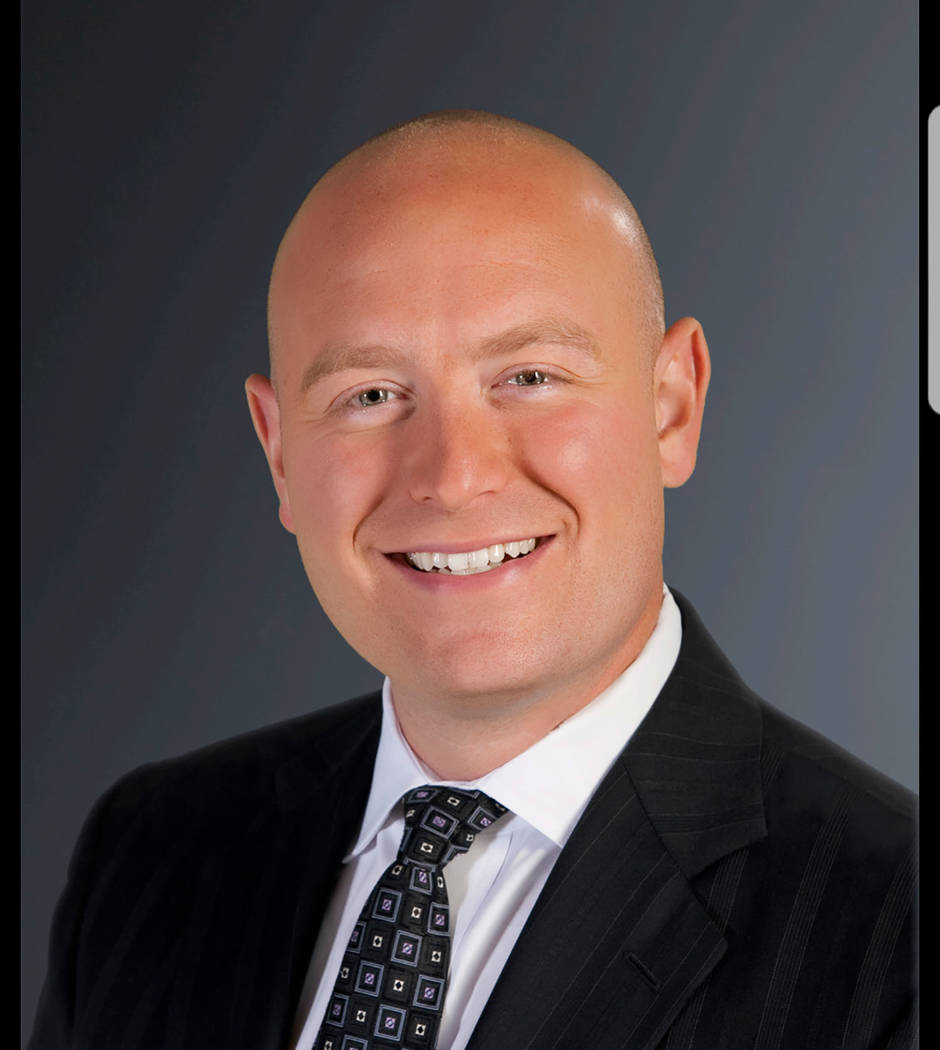Financially strong: Tips to help the next generation
It is only a matter of time until today’s children in Pahrump will transition into adolescence and adulthood.
As this transition happens, parents, mentors and family members should take advantage of every opportunity to help the next generation of adults develop important money management skills. Knowing how to manage money early on can pave the way for future success by applying good spending habits, saving and investing for the future, and donating to charity.
According to the American Psychological Association, 36 percent of Americans say they are uncomfortable talking about money, and 18 percent say money is a taboo subject within their family.
Yet, the sooner parents and family members can have an open dialogue on how to establish good financial habits the better. Whether it’s a conversation about what to do with birthday money, how to invest a monthly allowance or best practices for managing a paycheck, good money skills may help reduce financial stress and the amount of future debt carried by adults.
When an adolescent heads off to college, it may be their first time experiencing financial independence. During those college years, some will learn money management skills for the first time. Others may take what they already know to the next level or conversely, experience financial hardship after making poor budgeting decisions. It also doesn’t help that rising college costs have made it more difficult for students to pay tuition, school supplies, rent, utilities, groceries and other expenses in Southern Nevada without the aid of student loans.
There are four steps that we can take together in Pahrump to help increase a child’s likelihood of becoming proficient in financial management:
1. Provide resources or opportunities for children to earn money. An allowance for completing weekly chores or working part-time at a local small business can help a young person learn the value of money.
2. Create a budget. Breaking down expenses not only shows where money is spent but also how it’s wasted.
3. Introduce the 50/20/30 rule of thumb. Apply half of all money earned into fixed costs (i.e. gym membership, entertainment subscriptions, another type of monthly expense), 20 percent into financial goals (i.e. college, new car, self-reward), and 30 percent into flexible spending (i.e. food, shopping, entertainment, day-to-day expenses).
4. Build credit. Learn how to build and maintain good credit and understand how credit can influence or limit future financial opportunities.
For more tips, it may be worth exploring Wells Fargo’s new “Preparing and Paying for College” webinar series, which offers free instructor-led events to provide viewers with financial planning resources and information to promote responsible money management and best practices for paying for college.
Everyone in Pahrump can take part in the effort to help ensure that future generations learn the set skills to make informed financial decisions and become financially successful.
Brian Formisano is Wells Fargo Nevada Southern Region president.











